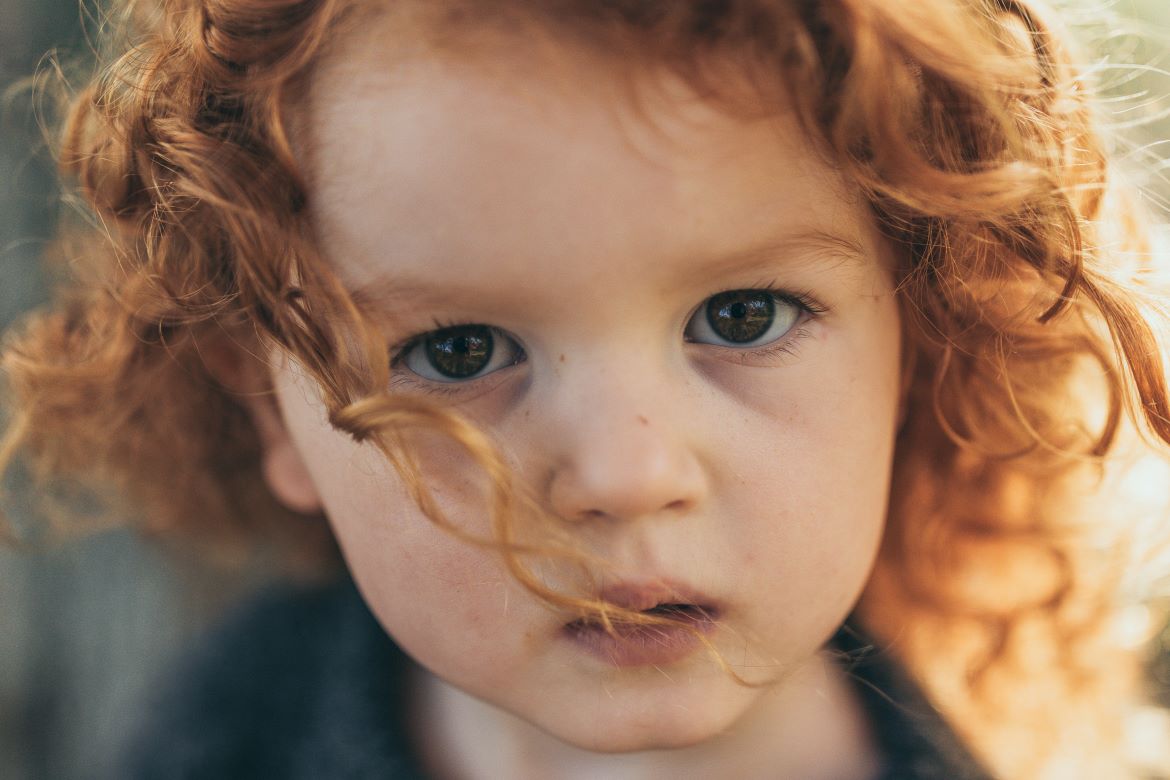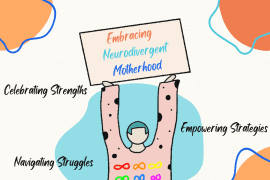By Dr. Laura Markham
“Hey, Mum, Dad, I’m overwhelmed with some big feelings here …. I don’t know what to do with them … They’re bubbling up inside me and I feel so scared and sad and mad … I’ll do anything to make these feelings go away, including hit someone… No, don’t you come close offering me hugs … that would send me right into tears … I feel safe when I’m with you, and that makes all these feelings even more intense. It must be your fault that I’m feeling all these bad feelings! I’ll drive you away by any means necessary!”
Don’t you wish your child could just TELL you she’s feeling terrible inside, instead of screaming “I hate you, you’re the worst Mum (or Dad) in the world!”?
But when your child is “acting out,” it’s because she CAN’T articulate those feelings. The only thing she can do is “act them out.” It’s her way of sending you an SOS.
So next time your child misbehaves, remind yourself that all misbehaviour is a communication about something your child needs.
He doesn’t understand these big feelings that are overwhelming him and driving his bad behaviour. He feels terrible that he can’t be the child you want him to be, even if he acts like he doesn’t care.
You’re his emotion coach. What your child needs when he misbehaves is for you to help him feel safe. Then, the body knows how to heal itself. All those tears and fears — the hurt, powerlessness, worry that he’s not good enough to merit your love — that he’s been stuffing all day, all week, all year, will bubble up. Once he feels them, they’ll melt away — and the anger will no longer be needed as a defense, so it will melt away, too. Your child will feel so much better, as we all do when we work though a troubling emotion. Which means he’ll act so much better.
So how do you create that safety? Empathise. “This day really isn’t going the way you wanted! You didn’t want ________. You wish that______. Do I have that right?”
That might be enough to get him cooperating. Kids don’t need to get everything they want, but like the rest of us, they need to be acknowledged.
Or maybe he’ll launch into an anguished account of how unfair life is, and what a terrible parent you are. No, this isn’t disrespect. This is your child communicating his pain in the only way he knows how. Just listen, nod, and acknowledge. “So you feel like I’m being unfair when….. No wonder you’re upset…. You wish I would…..” You don’t have to change your decision. Just acknowledge his perspective.
Then give him a hug and say “Sweetie, Thanks for explaining that to me. I see how important this is to you and why you’re upset…. I’m sorry we can’t do it your way. This is the way it is this time, because it’s important to me that ________. But I do hear you. Let me think about this, and we’ll talk about it again.”
Your child learns that she doesn’t get everything she wants, but she gets something better: a parent who listens and understands, and loves her, even with all her upset feelings.
Over time, as she learns that you really will think about it and look for win/win solutions, she’ll be more likely to go along with your requests.
But what if her response to your empathy is to get more upset? That just means the feelings are big and she needs your help to move through (and past) them. How can you help her? Play when you can, on a daily basis, or before an upset is too big. Otherwise, Cry when you have to.
1. Laugh
Giggling vents the same anxieties (which means fears and stresses) that crying does. And it’s so much more fun! Every child needs a roughhousing session of giggling every day, just for emotional maintenance.
Physical play releases oxytocin and other bonding hormones, so it reconnects you with your child and repairs the erosion in your relationship that’s caused by daily life. If the giggling comes from games that help your child process fears (like chase games or bucking bronco), it also works directly to work through any backlog of emotion.











